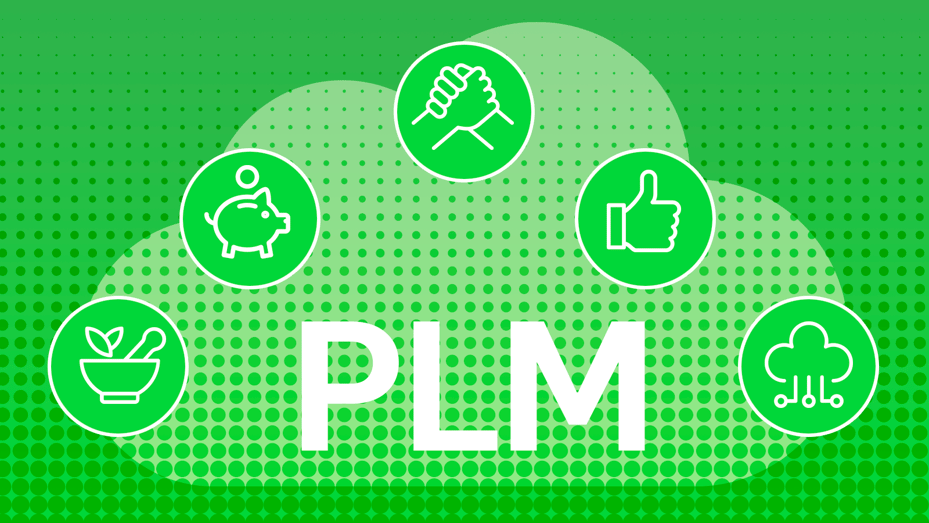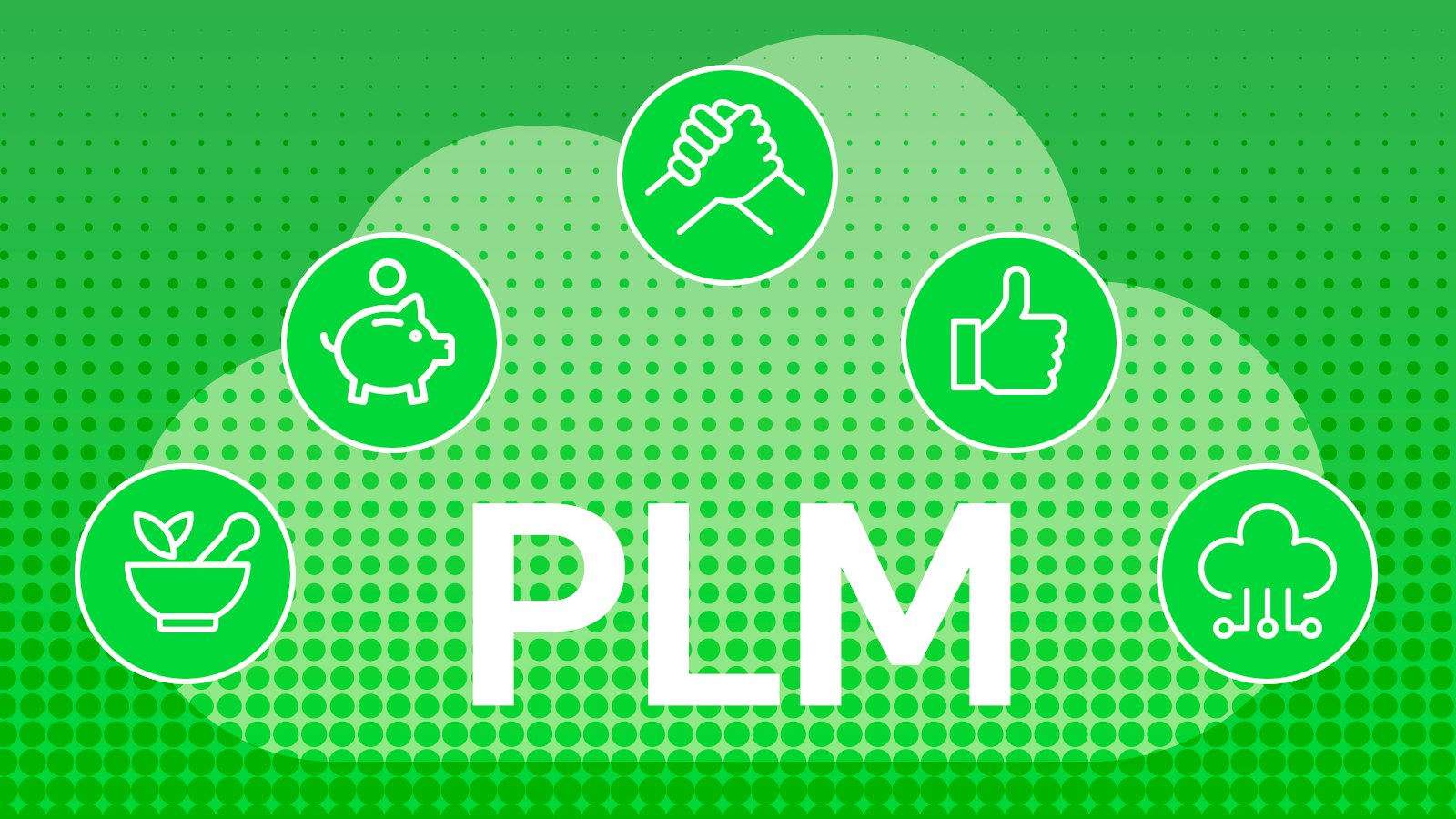
Five criteria to consider when choosing a PLM system
|
PLM For Food And Beverage
|
Product Lifecycle Management
Posted By:
Trace One

Large global manufacturers are moving toward implementing product lifecycle management systems like Trace One Devex PLM because they offer better tools for agility, collaboration, data security, and other benefits.
Most manufacturing companies choose their PLM system based on these five factors:
Functional requirements
When searching for a PLM, companies should consider their functional requirements.
Food-specific functionality in a PLM is essential for food manufacturers, but not all PLM systems are compatible with food-specific products. This became the deciding factor for one large food manufacturer in selecting Trace One Devex PLM.
“From a functional point of view, all PLM functionalities are covered in the Trace One Devex PLM system and Trace One Devex PLM also supports some food specifics, which makes it different from some other PLM systems,” says the Chief Information Officer of the large food manufacturer.
PLMs offer other functional values as well, like serving as a unified system for collaborators. Having all relevant information in one central location provides a single source of truth and allows more streamlined collaboration. The value of a single source of truth adds “an ROI of 70%,” according to a commissioned study conducted by Forrester on behalf of Trace One.
Total Cost of Ownership (TCO)
Manufacturers often choose between a Software-as-a-Service (SaaS) cloud-based solution and an on-premises solution. When choosing between the two, estimating TCO can be a decisive factor. Although licensing fees for SaaS can represent a real cost, it is important to consider the cost of ownership over the start-to-end lifetime of a solution.
Once you factor in maintenance, operating costs, and IT support for on-premises solutions, the TCO benefit of cloud-based systems like Trace One Devex PLM is clear. The comparatively lower TCO for cloud-based PLMs explains why manufacturers are choosing them over on-premises solutions.
Implementation & support team
To ensure minimal disruption to production, manufacturing companies need to be able to ensure implementation of a new PLM system will be quick and efficient.
Companies choose Trace One Devex PLM for Trace One’s solid and knowledgeable implementation and support team.
“What’s really great about Trace One is that they work with you to figure out what your needs are,” says Vice President & Managing Director of a large international alcohol manufacturer. “We’ve had a lot of customizing and tailoring to our system, and Trace One has been very good about helping us to meet those internal customer needs.”
User-friendliness
A user-friendly PLM is crucial for manufacturers working to get their products out the door. A smooth, intuitive user-interface simplifies collaboration and clarifies production processes.
Many companies choose Trace One Devex PLM because of its superior user-friendliness.
“We looked at several PLM options and one of the main reasons we selected Trace One Devex PLM is because of the interface and the usability,” says the Director of Industrial Performance & Project Management of a large chocolate company.
Technical requirements
For one large food manufacturer, one of the most important technical requirements in choosing a PLM system was that the system be entirely cloud-based.
In addition to TCO benefits, cloud-based PLM systems like Trace One Devex PLM outperform on-premises solutions in various ways.
Because Trace One Devex PLM leverages the cloud, it has numerous technical advantages over on-premises solutions, including failover coverage, redundancy, and mirroring, as well as enhanced security and faster access for users.
When considering all of these criteria, it’s clear why many manufacturers choose a cloud-based PLM solution, and why they choose Trace One Devex PLM.